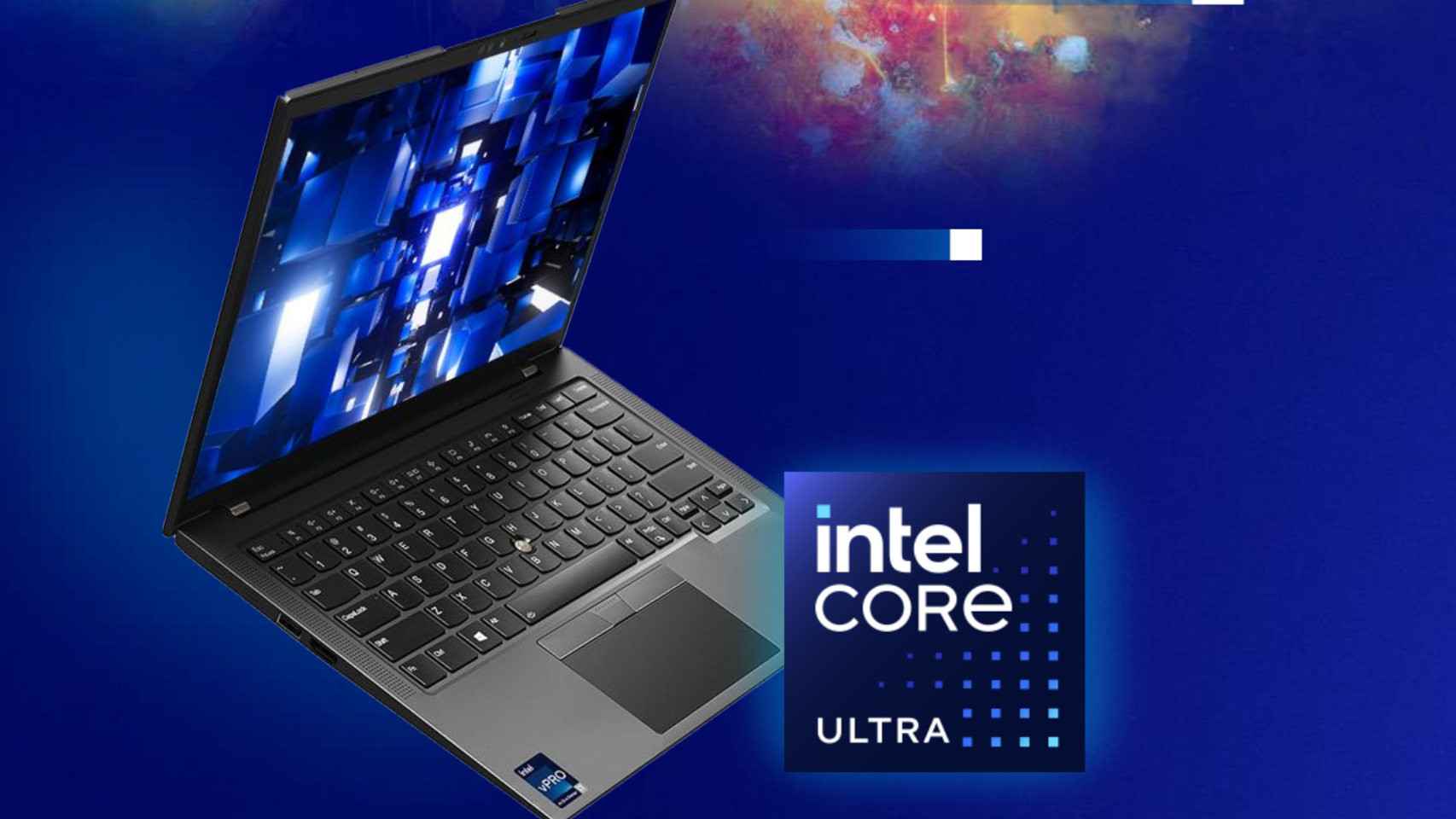2024 could be the most important year for the personal computer in decades. After a season during which the sector was in the doldrums, the progress of recent years has managed to revive it; and now comes artificial intelligence, with the potential to completely change the way we use computers.
The arrival of the new Windows 11 with artificial intelligence is just one of the measures taken by the industry. Manufacturers have also fully opted for this technology, with new processors capable of running AI locally directly on the computer.
Google Meet, Adobe Photoshop, Blender, Zoom, Microsoft Teams, Gimp and OBS are some of the programs already capable of taking advantage of this potential by running AI functions on the computer. This is how what we call “AI PC” was born.
What is an AI PC
But what is an AI PC? It’s not a term that will now be used lightly to define any computer. Devices will need to meet certain hardware and software requirements for the manufacturer to sell them under that name; and the person responsible for establishing these requirements was Microsoft itself.
Specifically, for a computer to be considered an AI PC, it must be equipped with a new processor with an integrated NPU (neural processing unit), specialized in running AI models; such as for example the new Intel Core Ultra presented a few months ago and which is now available in models from different brands.
New Intel processors feature an NPU for AI functions
The second requirement is that the operating system comes with Copilot, Microsoft’s artificial intelligence for Windows 11 which is able to help us based on the tasks we perform; and finally, and in this regard, the computer keyboard must have the new Copilot key, as the new Microsoft Surfaces already have.
With its new Core Ultra, Intel is now well positioned to serve as the basis for many AI PC computers. Many current laptops released with these processors already meet these requirements, and even exceed them thanks to new technologies such as high-resolution cameras that enable facial recognition and eye and gesture tracking, high-performance memory optimized for AI and OLED screens with better image. quality.
Features of an AI PC
But there is still an important problem to solve: creating a platform based on this concept. Not only do manufacturers need to consider the aforementioned requirements, but developers need to learn how to take advantage of this platform, otherwise it will be of no use.
Intel accelerates AI
To address this issue, Intel has announced a new AI Accelerator Program, which will aim to help developers and manufacturers adapt to the new world of AI on PC.
To get started, the Developer Initiative provides easy access to the training you need to start leveraging AI in your programs, as well as development tools and documentation.
These resources have been compiled so that programmers can take advantage of the new Intel Core Ultra NPUs with AI and machine learning. Additionally, in collaboration with ASUS, Intel will offer access to a development kit, based on ASUS NUC Pro 14 computer with everything you need already pre-installed.
For computer manufacturers and brands, the initiative aims to help them prepare and optimize their hardware so that it can be used in Intel Core Ultra systems. Participants will have access to Intel’s Open Labs, where they will receive technical and technical support for the development of new systems. Intel boasts that 150 brands from around the world are already part of the program.











